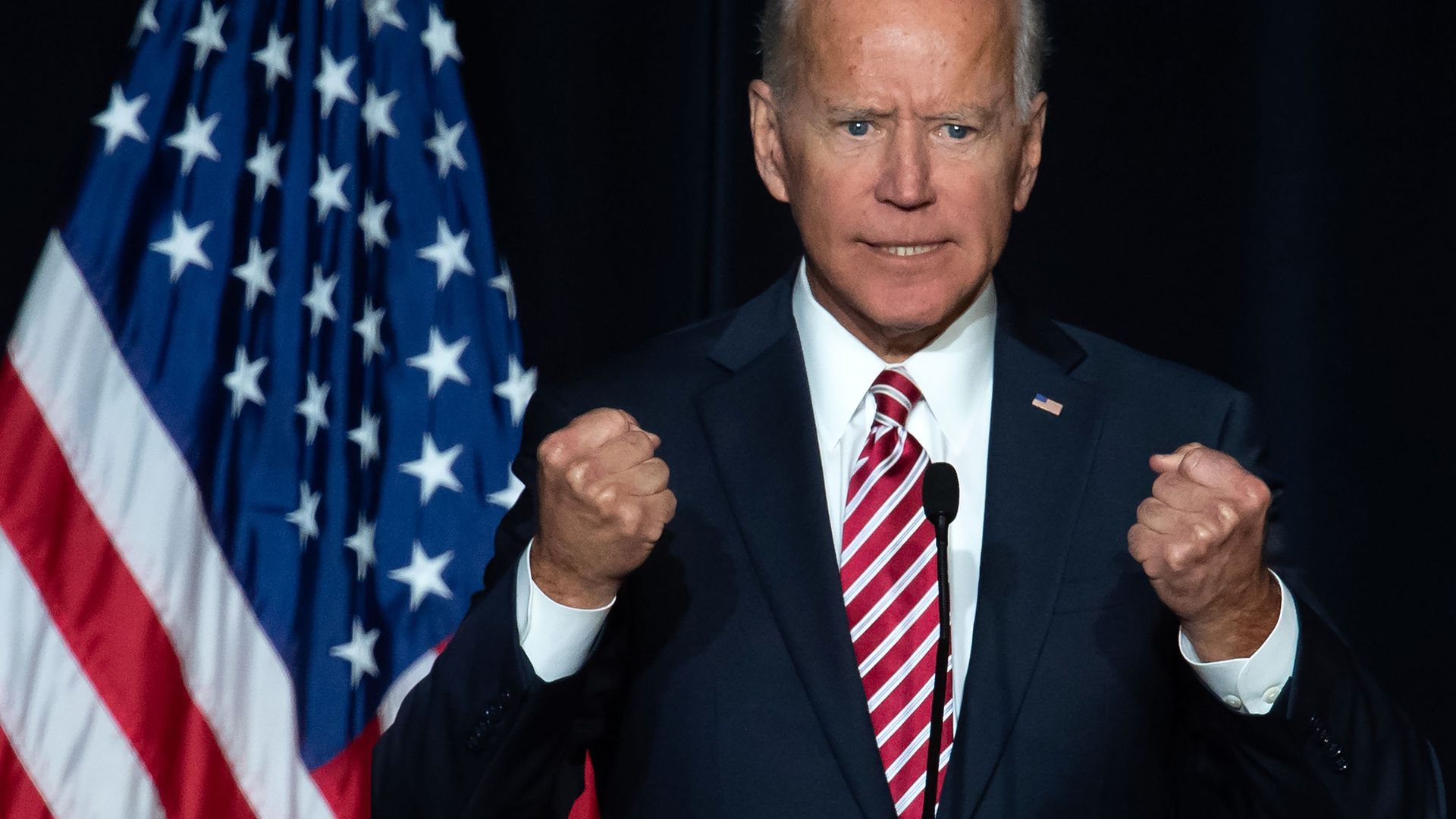
The inauguration of Joe Biden as the 46th president of the United States marks the opening of a new chapter in the Anglo-American relationship – raising fresh questions as to whether it remains as “special” as it once was.
For Boris Johnson the pressure is on to establish good working relations with the new occupant of the White House as he seeks to reinforce the transatlantic alliance as the bedrock of UK foreign policy.
The changeover comes at a critical time for the Prime Minister as he endeavours to show “global Britain” remains a force in the world as it forges a new path outside the European Union.
But he enters the new relationship with some uncomfortable baggage which may need to be overcome if it is to proceed as smoothly as Downing Street hopes.
For a start, Biden is no fan of Brexit, unlike his predecessor Donald Trump, who was an enthusiastic cheerleader for Johnson.
Biden was vice president during the 2016 referendum campaign when Johnson offended many Democrats with a sideswipe at the “part-Kenyan” Barack Obama after the then president came out in favour of Remain.
Biden subsequently described Johnson as a “physical and emotional clone” of Trump while, as a politician proud of his Irish heritage, he was unimpressed by a threat to override elements of the Brexit withdrawal deal relating to Northern Ireland.
Quentin Peel, associate fellow on the Chatham House international affairs think tank’s Europe programme, says the prime minister may have his work cut out as he tries to bond with the new president.
“Joe Biden is not a man who holds grudges against people but I don’t think either he is the sort of man who will be very impressed by the bluster of Boris Johnson,” he told the PA news agency.
“He was careless and made mistakes and he offended people. I think there is quite a bit of work the British Government will have to do to mend fences with the new Democrat regime in Washington.”
One casualty may be Johnson’s hopes of an early trade deal with the US as he seeks to expand British commercial links beyond Europe.
Negotiations with the Trump administration had been making progress and there was even talk of a mini-agreement before the president left office.
All that is likely to go on the back burner as the new administration focuses on domestic priorities – most notably dealing with coronavirus and rebuilding the US economy amid the fallout from the pandemic.
There are however important diplomatic opportunities coming up which those around the prime minister hope will provide a way to demonstrate that Britain still has a lot to offer the country it regards as its most important ally.
Most notably the UK is in the chair for two of the most important events on the 2021 international calendar – the G7 summit of leading industrialised nations and the Cop26 climate change conference in Glasgow.
The G7 will be a key moment as the leading economies seek to chart a way forward from the pandemic while tackling climate change is a high priority for Biden – in sharp contrast to his predecessor who famously withdrew the US from the Paris agreement.
Both will require skilful handling, and there is already reportedly some disappointment in Washington that Johnson has been unable to secure a big figure to head Cop26.
It is Brexit though that may present the greatest challenge, with some observers believing the new administration will look increasingly towards Berlin and Paris now Britain is outside the EU.
Peel said: “Britain was seen in Washington as a very useful link to the European Union and therefore a binding factor.
“I think the fact that Britain is no longer a very useful link to the European Union does matter and will weaken the relationship.”
Others are more optimistic. Foreign secretary Dominic Raab has said that while the “contours” of the special relationship will be different under the new president, the “bedrock” – based on strong cultural, economic and security ties – will endure.
Traditional military and intelligence-sharing links are likely to remain strong, and it will not have gone unnoticed in Washington that Johnson announced a big increase in defence spending at a time when other Nato allies are failing to meet their commitments.
But with some tricky waters to navigate first, the coming weeks and months may be crucial in shaping the way the relationship plays out over the years ahead.
Warning: Illegal string offset 'link_id' in /mnt/storage/stage/www/wp-includes/bookmark.php on line 357
Notice: Trying to get property 'link_id' of non-object in /mnt/storage/stage/www/wp-includes/bookmark.php on line 37






